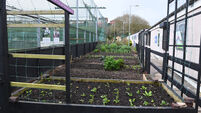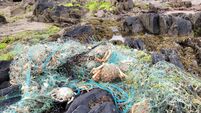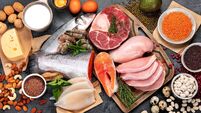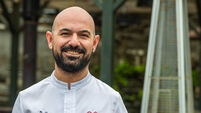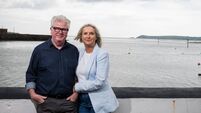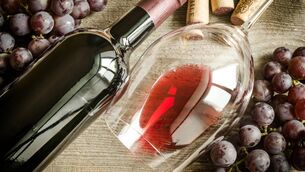'It can be challenging but it is worth it': Meet the growers doing it for themselves
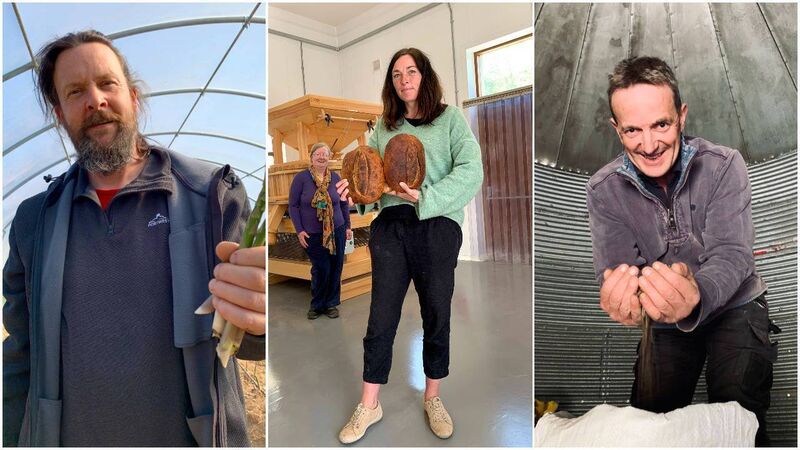
Ultan Walsh; Emma Clutterbuck and Sarah Richards; Tom Fouhy
I’ll never tire of sharing a quote from the late great economist, activist, and philosopher Kenneth E Boulding, who stated, "anyone who believes in indefinite growth in anything physical, on a physically finite planet, is either mad or an economist".
No one denies the huge economic successes of the agri-biz sector in recent years, but the negative impacts of intensive farming are grave and only worsening: Soil degradation, habitat destruction, loss of biodiversity, which includes the crucial insect population, and water pollution — the 2019 Water Quality in Ireland report, found just 20 Irish rivers in ‘pristine’ condition, down from 500 in the 1980s, blaming agriculture and land management practices as the key culprits.

